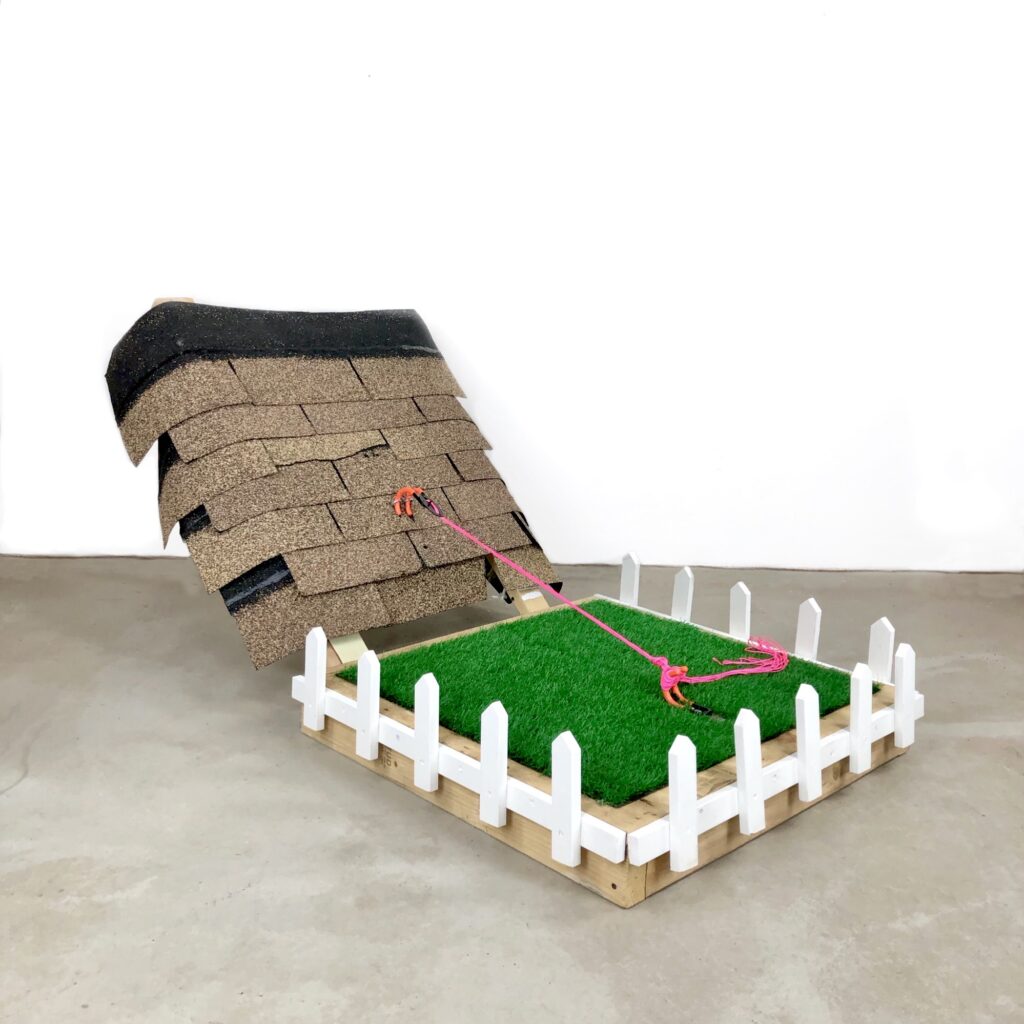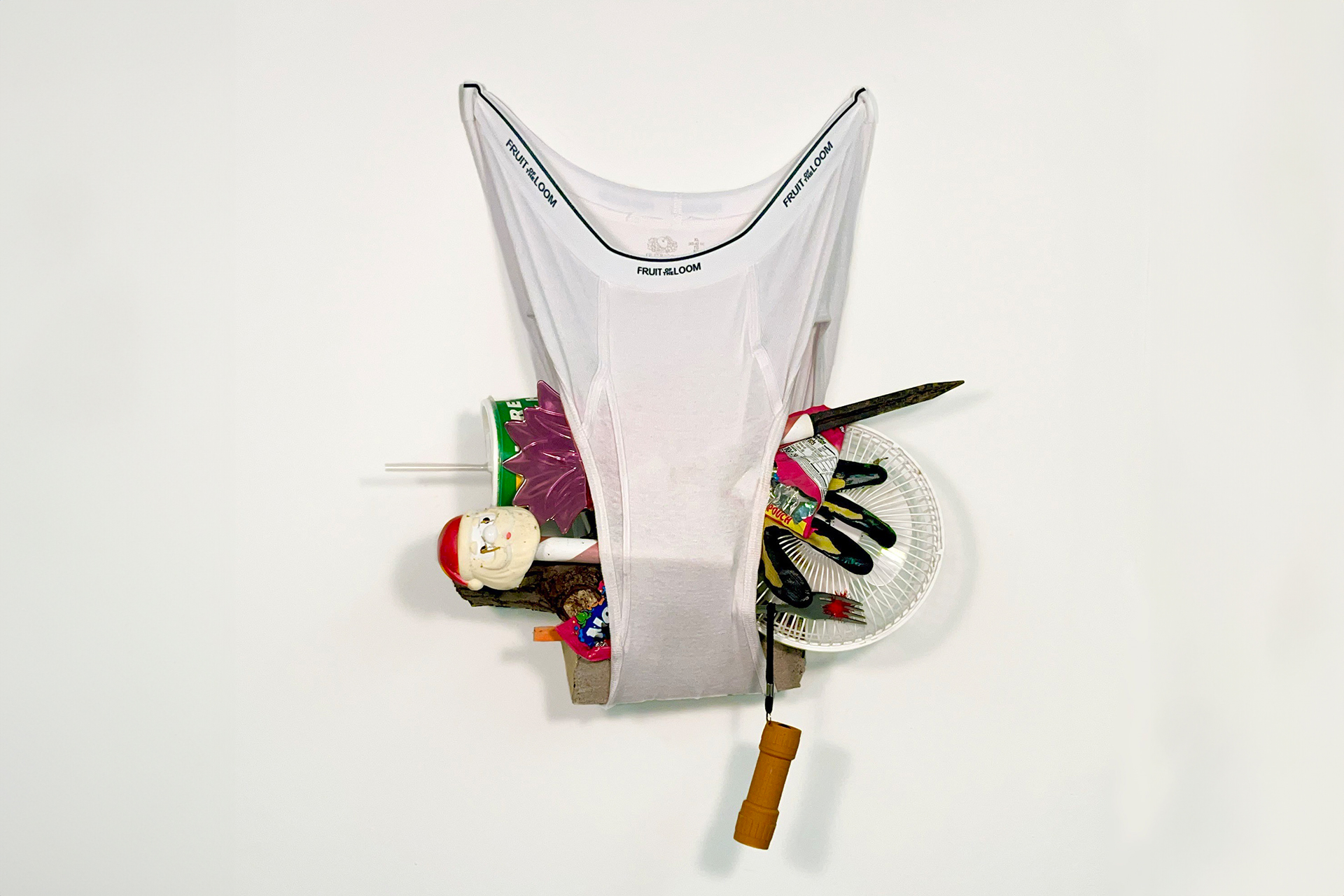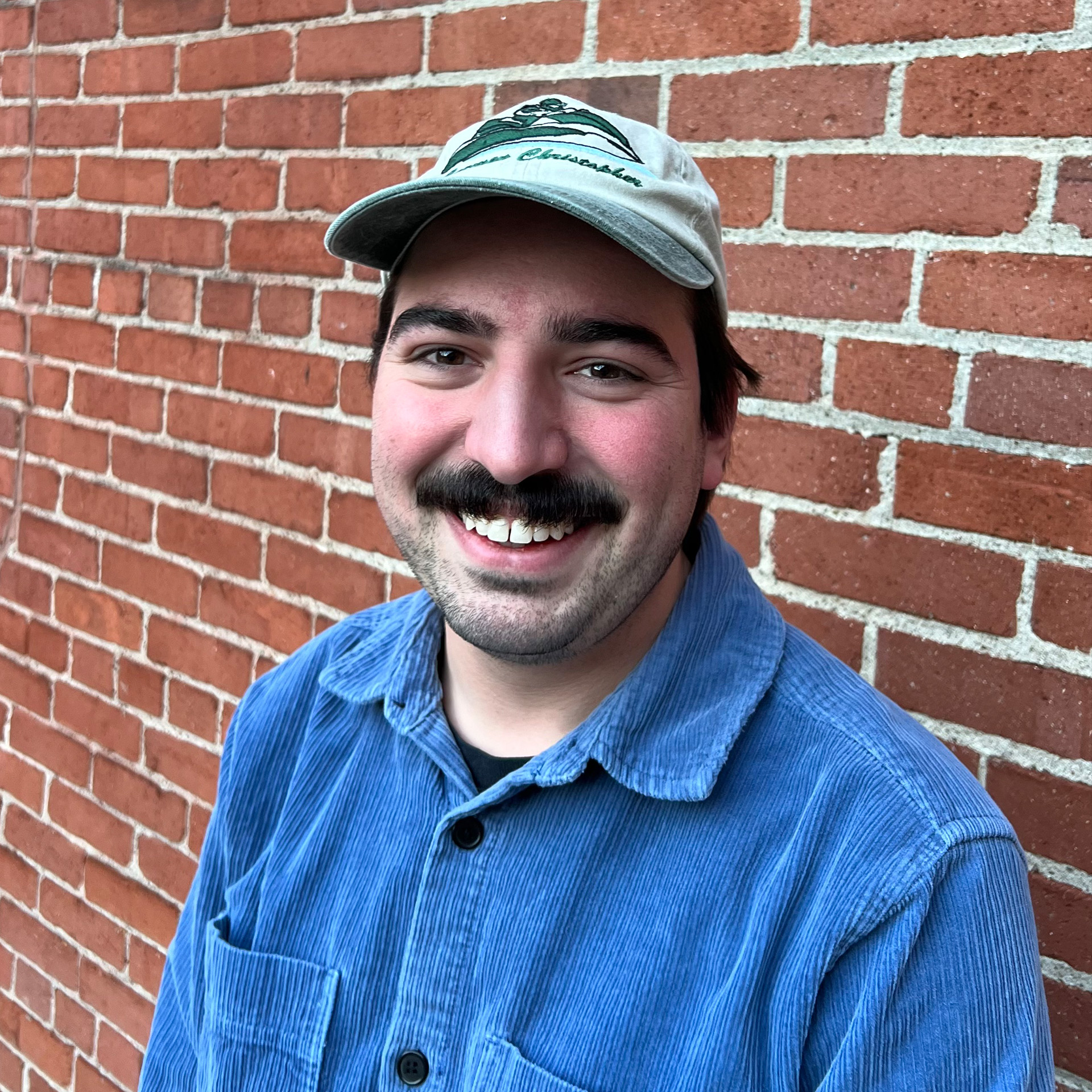From printmaking to sculpture to filmmaking, Pittsburgh-based artist Derek Reese connects with his Appalachian heritage to create “anti-art” about mining in the region and abroad.
Derek and I met up in his studio, a basement of an old warehouse in a Pittsburgh neighborhood. We planned to talk there until we realized he only had one chair in his studio. He suggested we leave and talk over coffee instead, so we drove to the coffee shop in his minivan, had our coffee and sat outside under a patio on a chilly, gray Pittsburgh day.
Derek is an interdisciplinary artist who grew up in the outskirts of Morgantown, West Virginia. He comes from a blue collar background; his father and grandfather were both coal miners. Despite not being an “artistic” kid until his senior year of high school, he went to West Virginia University to earn his BFA, and then to Ohio State University for his MFA. Once he was in art school, he said that he found his group of people, although still feeling wedged between the art students and the people he grew up with. It wasn’t until he made it to Columbus, Ohio that he really felt like a West Virginian.
Although he began with drawing and painting, he was drawn to the process of printmaking, the emphasis that he chose for undergraduate studies. However, as time went on, he felt burdened by the tradition and process of printmaking, so he began to infuse sculpture into his practice. Often, he would build a sculptural form, then apply printed media to the surface of the sculptures.
Derek was searching for the immediacy, novelty and play that printmaking couldn’t give him — and that’s exactly what sculpture offered. His sculptural work is object-driven and guided by his collection of objects and materials. These items are not traditionally precious, like antiques, but instead things found on the ground, in the trash, or at what he calls his “art supply stores” — Dollar Tree and Family Dollar.
Drawing inspiration from his childhood and the consumerism around him, Derek uses fast food packaging, plastic toys, pieces of wood, even a decapitated Santa’s head and more to create sculptures that tell a story.

His work has often been dedicated to Appalachian culture and his observations of it. With his work and connection to coal mining, Derek was selected to represent the United States in the SACO Bienal de Arte Contemporáneo, an art biennial located in Antofagasta, Chile. The intention was for Derek to explore the culture of copper mining and produce site specific work.
These plans were unfortunately canceled since they were scheduled for spring 2020. The COVID-19 pandemic made travel impossible and required Derek to pivot. He decided to make something that would be light and easy to ship, still related to copper mining and site-specific.
With the inability to explore Chile, he used the time and resources to explore West Virginia as if he was a visitor, despite growing up there. He saw these areas differently than he did as a child, but still felt connected to these places through the history of his father and grandfather. The process was “bittersweet.”
Thus, his film exhibition Masculine Artifacts was created.

Masculine Artifacts is a collection of two short films: Masculine Artifacts (The Coal Miner and the Miner Stripped of His Clothes) Video 1 & 2. Video 1 features Derek wearing a tank top and underwear mimicking the movement of himself in full coal mining gear, which is projected on top of him.
Inspired by the Greek myth Sisyphus, Video 2 follows the story of a coal miner frantically searching for something, mixed with cinematic elements of horror. Soon the miner, played by Derek, finds an area at a strip mine that he instinctively knows he has to dig into. Through tiresome digging, he reaches something other than dirt — himself. The films are meant to show this circle of tradition, labor and toiling with the Earth that can’t be broken.
Through this work and process, he noted that it was an honor to show Masculine Artifacts in Antofagasta. What was particularly special for him was showing a film with his father as the subject, who passed in 2021.
“It was really cool to think, ‘Oh my God, my dad would never dream he would be the subject of a film that would play in Chile,’” Derek said.
After working on these videos, injuring both of his shoulders and a period of rest, he is back to making sculptures using items from his collection again. Now, he is trying to be even looser, using less constraints. His sculptures continue to prove his desire to make art that is subversive and even anti-art.
After getting away from the conversation by talking about our “sick comfort” in chain restaurants and the “special flavor” of consumerism in Appalachia, he found a way to describe his art in three words: consumerism, poverty and violence. He notes how these elements are always present as they are what he saw in his personal experience. He says he put the target square on his back as he critiques these subjects and the special sadness they produce.
For Derek, it is all about “the absurdity of it all, and the sadness of it all, and the joy of it all, and the humor of it all.”

Untitled piece made in 2023 using mixed media.

Untitled piece made in 2023 using mixed media.

